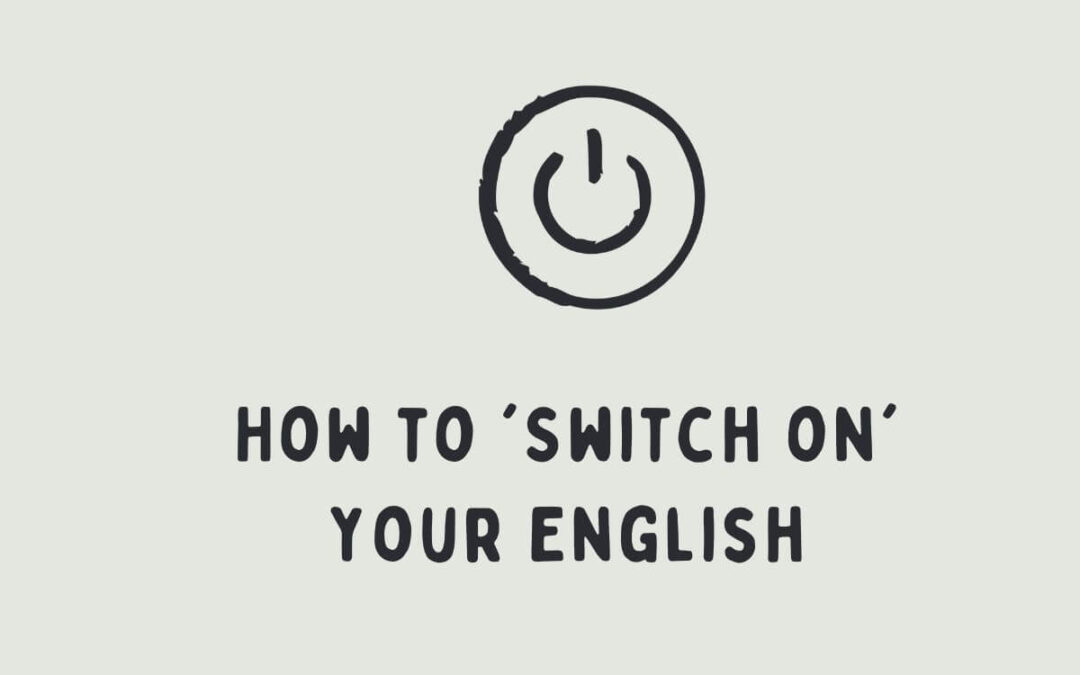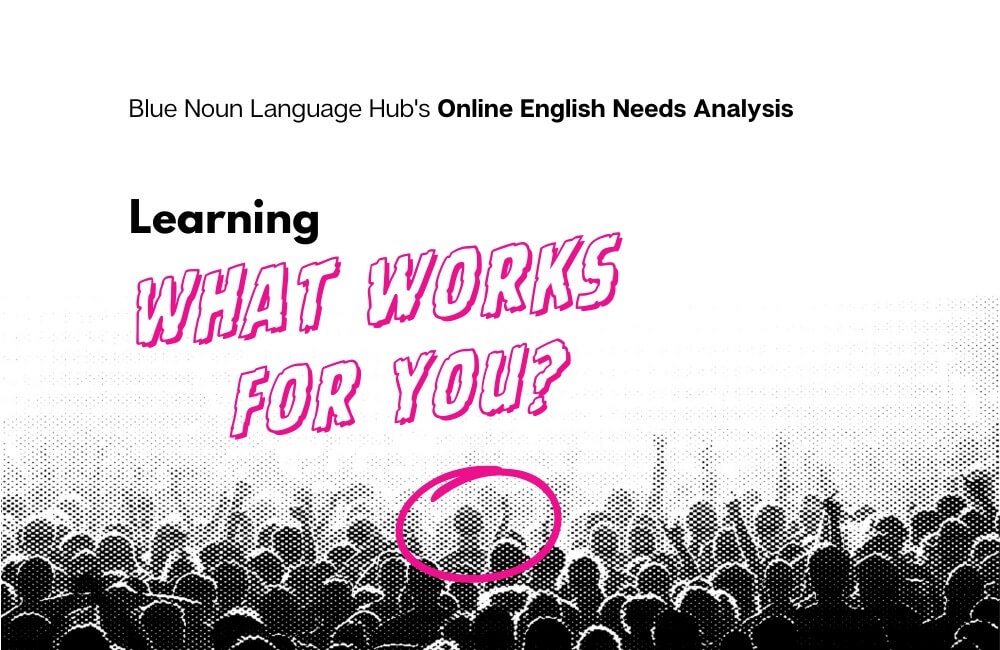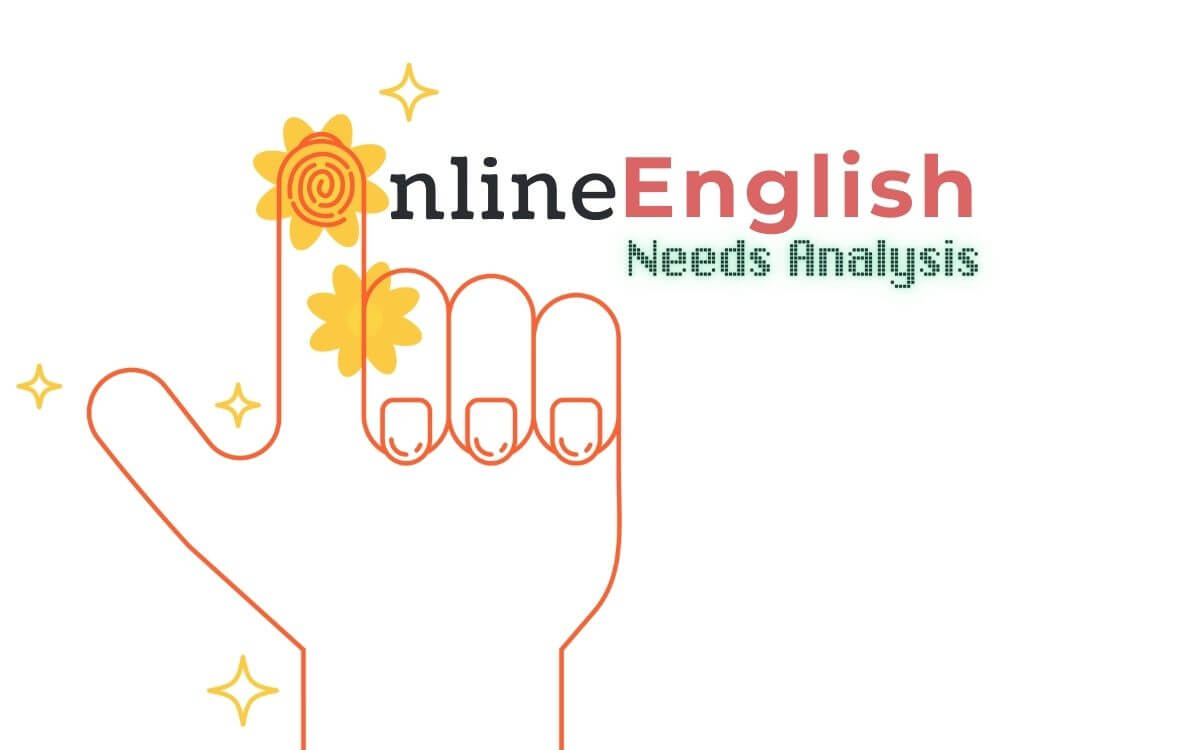Address your English Trauma
You are not ‘bad at English‘ – at the worst, your English isn’t great – yet (and it’s probably not half as bad as you think it is!)
How do I know?
Just as dentists have to listen to lots of dental horror stories, I hear a lot of beefs about English teachers.
I communicate with people who have their own ‘English horror stories‘ stories almost every day.
This blog post is full of tips to help you understand why you feel this way – and how to free your English!
There ARE Bad English Teachers
I hear shocking stories about language teaching at school, at college, and even expensive, private classes.
So many people have experienced tuition that wasn’t remotely engaging. Even worse, it was smug, self-congratulating – even humiliating.
‘I’m a bad learner,‘ people apologise to me. ‘English isn’t for me’.
‘I’m sorry, I’m so bad at languages.’ they say.
‘Maybe you just haven’t had the right teacher’, I say in return.

#01 Find Out What’s Holding You Back
While some people clearly absorb language more easily than others, this does not make anyone a lost cause – or irrevocably ‘bad at English’.
Let’s take a quick look at your hangups.
If you were not a ‘natural’ during high school English, perhaps it’s because you were comparing yourself to kids getting invisible extra help and incentives – (coaching, holidays, nannies, parents).
Maybe you weren’t engaged by the content, or the teacher couldn’t control the class.
Perhaps you hated speaking in front of class – even in your own language – so much that doing it in a second language felt like torture.
Maybe you went through a crappy time as a teenager, at school – so many of us did.
Maybe you were just in love with the girl in front of you and didn’t hear a word.
Of course, it’s very possible you didn’t try, but ask yourself why? You hate the sound of English? Your brother was better at it? You were in a huff because they got to sing songs in Spanish class? There are thousands of valid(ish) teenage vision reasons not to have cared, which may still be influencing how you approach learning.
#02 It’s Not Too Late
Whether it’s your ‘fault’ or not, your English now needs an investment of time and love.
With a only small mindset shift, bad experiences in the past do not necessarily make it more difficult to advance your English in the present.
What bad experiences do mean is that it’s EXTRA important to get your choice of teacher right.

#03 There’s An Online English Teacher for Every Learner
I teach a pretty specific niche (English for Creative Careers).
For years I’ve been admiring from a distance all the splendid online ESL teaching options there now are: fellow ELT trainers with skills and specialties to help you learn in all kinds of different ways.
When I began EFL teaching, online classes were a compromise – a poor substitute for face-to-face. Now they are not only affordable, convenient, and flexible – they offer a huge range of choices to suit every learning style.
Only picking an English course is not like choosing a pair of trousers which you can return if they just don’t suit you.
Nor is it like choosing a restaurant in a new city. (Yes, one probably is better value than others – or offers more of the food options you require etc, but the consequences aren’t so grave).
We’ve all experienced a disappointing meal. It doesn’t put you off eating.
A disappointing online course can put you off that subject trying again for another decade. (If ever).
#04 Choosing the Right Teacher Matters
It really, really matters.
If you are a bad match with your new course, then you don’t make the progress, you miss a couple of classes then all so a sudden, you’ve stopped going without ever deciding to quit. That’s another failure insidiously reinforcing your myth that you are bad at English, and making it even less likely you will ever try again.
Ultimately, that means you not getting the job/opportunity/boyfriend/holiday that inspired you to search for an online course in the first place…
#05 Learn What You Don’t Know
I’m sure you know that as adults we all have different learning needs, energy cycles, and learning environments in which we respond well and poorly. (It’s helpful to be aware of yours).
We also have favorable pedagogic styles and preferred time/intensity periods: not to mention subjects that will engage us.
You need to discover what will switch you on.
Think about it, how COULD you possibly know what your English learning preferences are?
So how CAN you make the right choice of Online English service?
We can help.
#06 Ask an Expert
At Blue Noun Language Hub we have a ‘matchmaking’ service for people seeking Online English lessons.
Our service helps you clearly frame your language objectives.
More so.
We’ll help you discover what style of English tuition will ‘switch your English on‘.

Still Think You Are ‘Bad at English?’
You haven’t had the right teacher yet!
And before you waste any more time searching for them online, be clear:
- You don’t need to fit into a teacher’s* methods or courses.
- Somewhere, online, there is the perfect course/learning community/teacher to help YOU.




